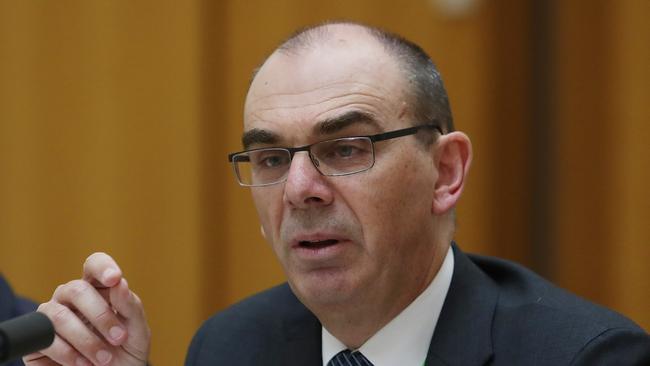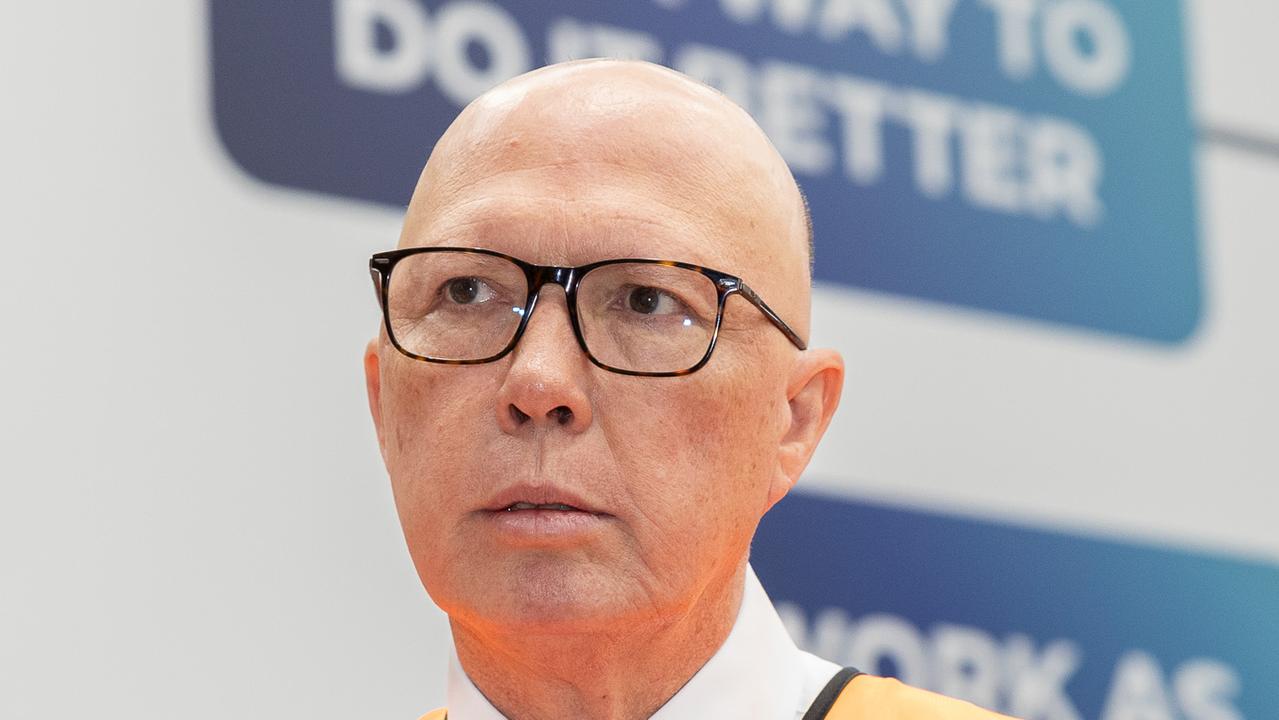APRA trims policy reform agenda, resumes licence issues
The prudential regulator will resume issuing licences after a virus suspension, but will limit its reform task to high-priority issues.

The prudential regulator will resume its work on select policy reforms and new licences after announcing a suspension in March to enable entities to manage COVID-19 challenges.
After a six-month freeze, Australian Prudential Regulation Authority chairman Wayne Byres said it was now appropriate to provide more certainty about important elements of prudential policy and the provision of new licences.
“However, it is neither possible nor desirable to pursue our full policy agenda for the time being,” Mr Byres said.
“APRA therefore intends to narrow its policy activities in the remainder of this year to a small number of high-priority policy reforms.”
Reforms back on the 2020 agenda through a public consultation process include the cross-industry prudential standard for remuneration, and bank capital reforms incorporating APRA’s unquestionably strong framework, implementation of Basel III, and measures to improve transparency, flexibility and comparability.
The regulator will also pick up its work on insurance capital reforms to incorporate changes in the accounting framework in AASB17, which establishes principles for the recognition, measurement and disclosure of insurance contracts.
The final item on the agenda is the prudential standard for insurance in superannuation, and updated guidance on the sole purpose test.
The test specifies that a fund should be managed for the sole purpose of providing benefits to its members.
Mr Byres said APRA’s policy program for 2021 would be reviewed in light of the current environment, and with a view supporting the financial sector as it responded to the impact of COVID-19.
Policy initiatives, he said, would be responsive to “industry capacity and government priorities”, in recognition of the high degree of continuing uncertainty.
The APRA chief said it was appropriate to suspend the issuance of licences in light of the high level of uncertainty created by COVID-19, which would have created “especially acute challenges for new entrants”.
“We now believe we can restart both policy consultations and licensing activity,” Mr Byres said.
Assessment and issuing of new banking, insurance and superannuation licenses would occur in two phases.
In the first phase, starting in September 2020, new licences will be issued to branches or subsidiaries of foreign entities with significant financial resources and strong records in a similar business.
APRA will also accept new licence applications from any entity from September 2020.
In the second phase, from March next year, new licences will be issued to firms meeting the relevant prudential requirements.
APRA is also reviewing the requirements for a new bank licence, including the restricted bank licensing framework that was launched in 2018, to incorporate experiences to date while continuing to support competition in the sector.



To join the conversation, please log in. Don't have an account? Register
Join the conversation, you are commenting as Logout